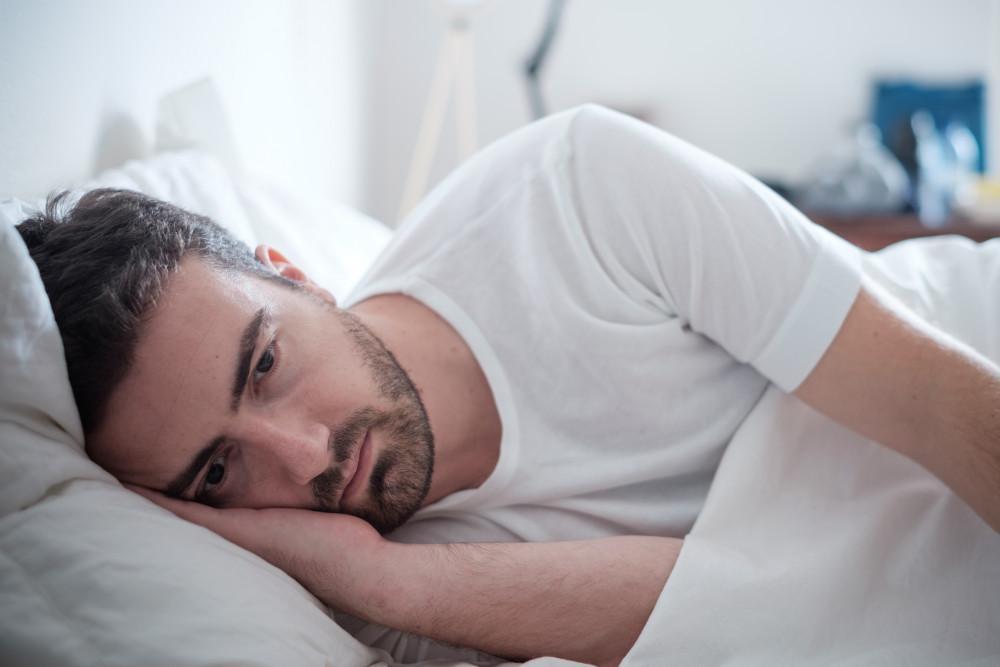Treating Depression Is Essential for Your Mental and Physical Health

The number of adults in the United States who have depression is surprising — about 16 million people had at least one major depressive episode in the last year. Depressive episodes can negatively affect your relationships and disrupt your life, making it difficult to work and handle family and social obligations.
Depression impacts your mental health
Depressive disorder, the technical name for depression, is a mental health condition. There is no single cause of depression, and there may be several factors combining to your depression. Some of the known causes include:
- Trauma
- Genetic factors
- Life changes
- Chemical changes in your brain
- Other medical conditions
- Substance dependence
You may feel empty or have no interest in activities that you once found pleasurable. Depression is much more than simply feeling sad or blue. You may feel fatigue, be unable to sleep, have problems concentrating, or experience suicidal thoughts.
You’re far more likely to develop a dependency on drugs or alcohol if you have depression. Experts estimate that about 30% of people who have substance dependency also have depression.
Your physical health is affected by depression
Because depression is a mental health condition, you may not realize that it has a real impact on your physical health as well. Here are some ways depression may affect your body:
Sleep
One of the most well-known physical symptoms of depression is sleep disruption. You may experience insomnia or be unable to get restful sleep. Lack of enough restful sleep is associated with a host of other health problems, such as a higher risk of obesity and diabetes. Sleep is critically important to good physical health, and treating your depression could improve the quality of your sleep.
Digestion
You may also have digestive issues as a result of depression. It’s common for depression to change your appetite, but not always in the same ways. You may find that you have no interest in eating, or you may eat more than usual and gain weight.
Pain issues
Another way that depression impacts your physical health is by altering your perception of pain. When the neurotransmitters in your brain don’t function properly, your pain threshold may change. You may find that you’re more sensitive to pain, and that medication doesn’t provide pain relief.
Heart health
Depression may cause your blood vessels to constrict, raising your risk of developing cardiovascular disease. Research has shown that a heart attack is more likely to be fatal if you have depression.
Overall immunity
Depression weakens your immune system, which means you can get infections and develop diseases more easily. Researchers have found an apparent link between inflammation and depression, but are still investigating the association.
You have treatment options
If you’ve been diagnosed with depression, or you’re experiencing symptoms that are consistent with depression — such as changes in appetite, how you sleep, feelings of grief, emptiness or inadequacy — discuss your symptoms with your healthcare provider here at Family Medical Specialists of Florida. The vast majority of people with depression who seek treatment show improvement. You may be surprised at how treating depression positively affects your mental and physical health.
You can easily schedule an appointment with us by calling our office in Plant City or by using the online booking option.
